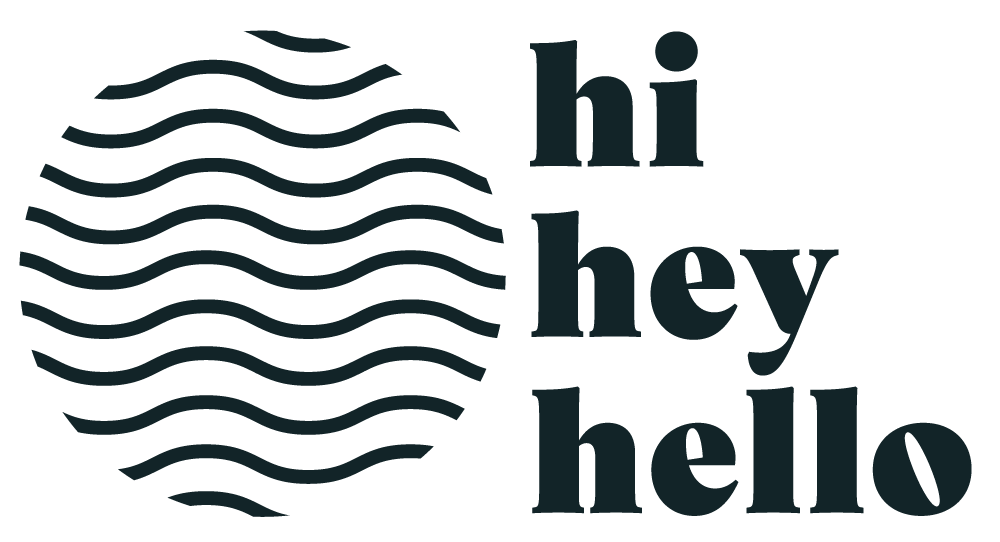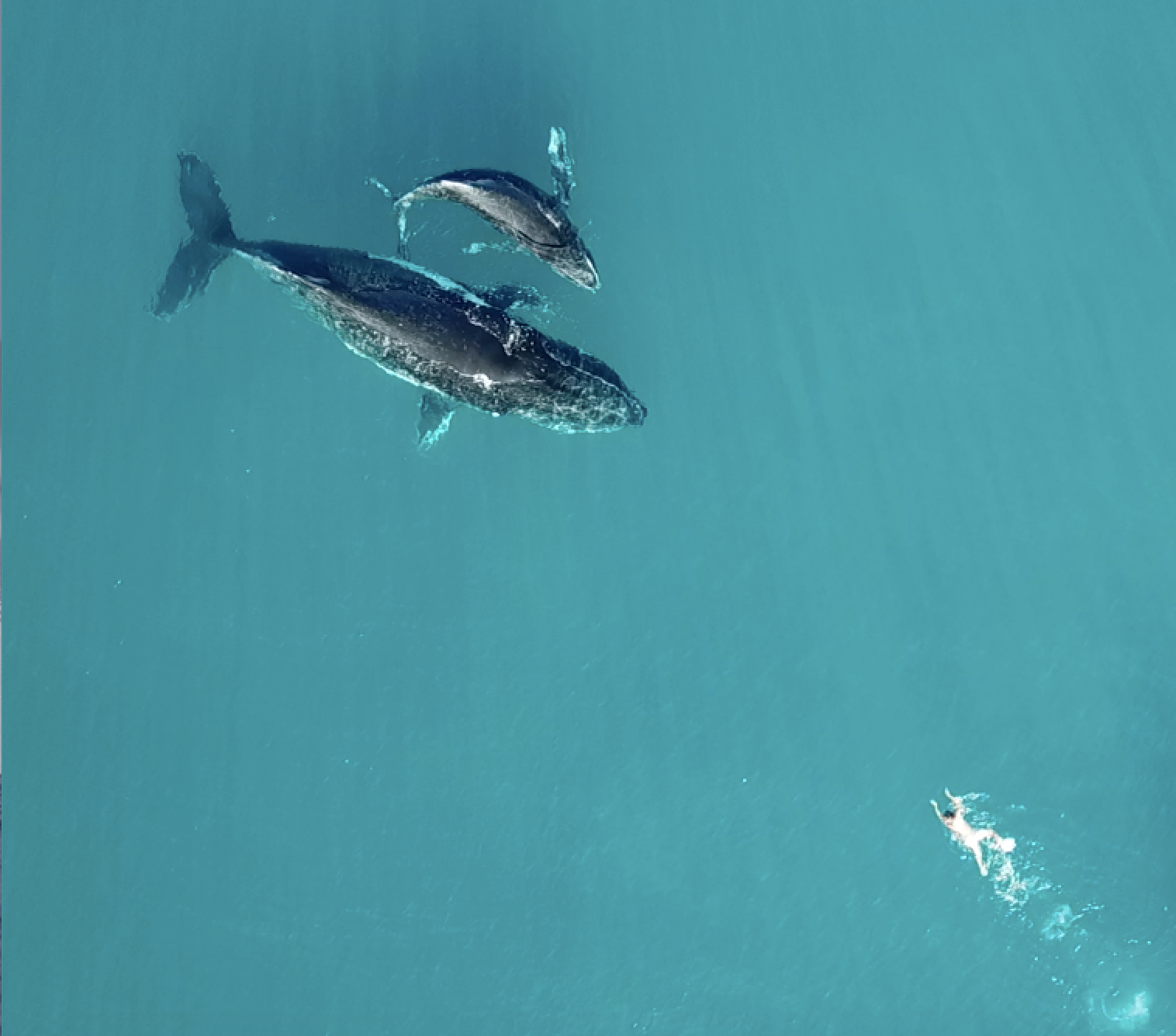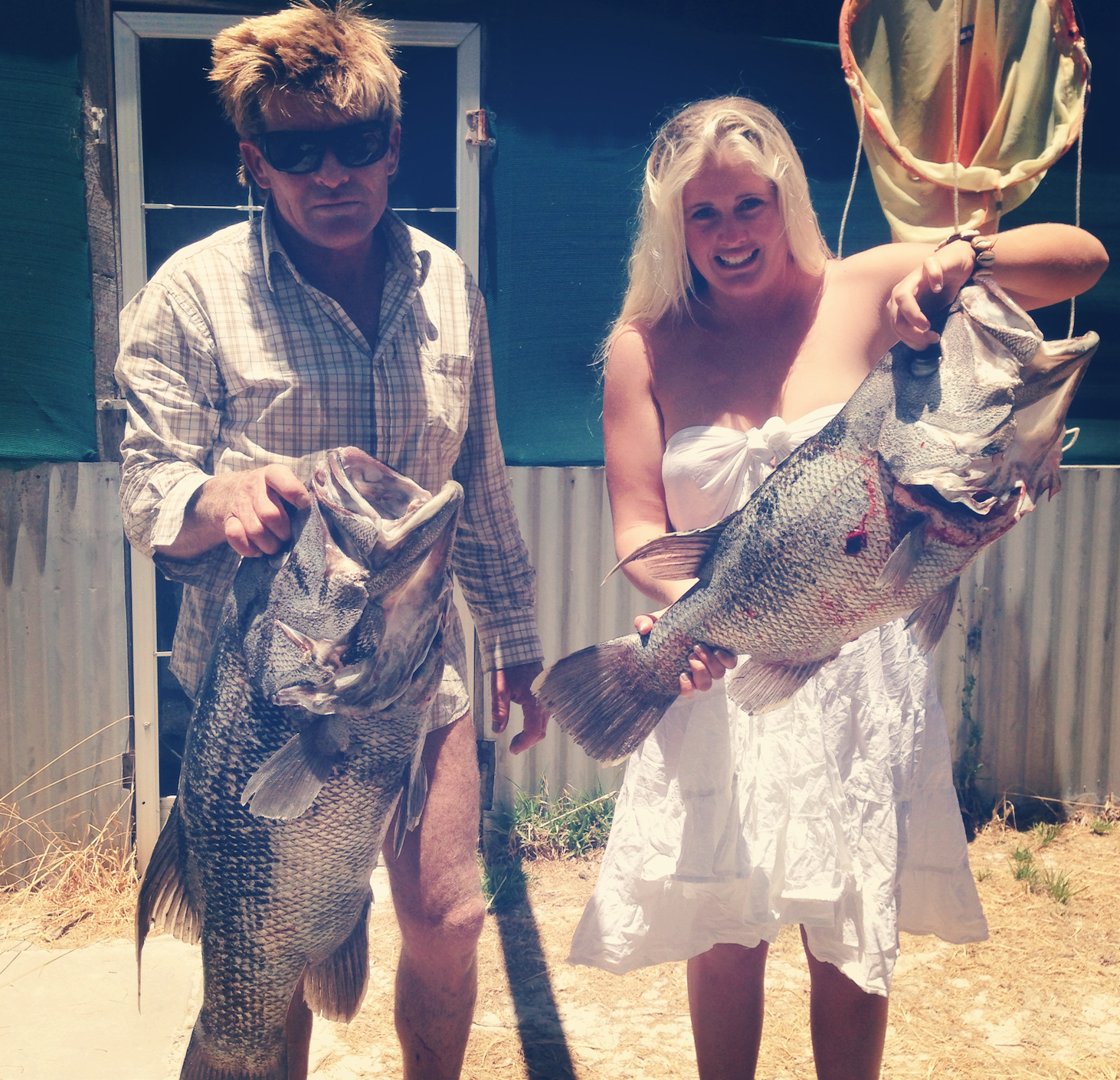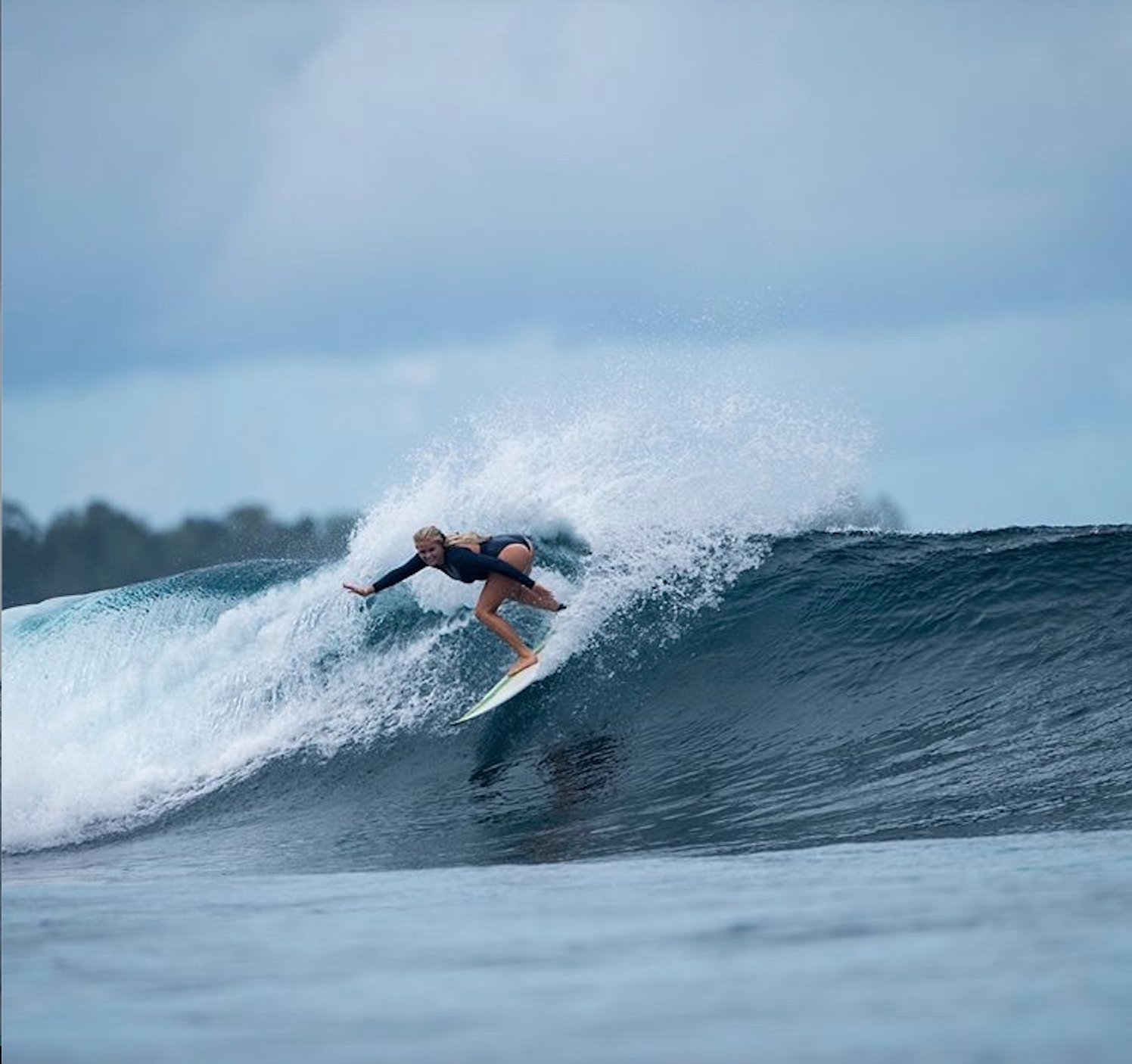Barrels & Bandages
By Rachael Dawe
It was 2:00 a.m., and I was dead asleep in my uma, a traditionally built Indonesian home. A dozen local Mentawai people were banging on my door shouting something about a snake. I know the local language, Bahasa, but my bewildered state and the area dialect made it difficult to understand. In the filtered beam of a flashlight, a local Mentawai man stood drenched in blood and clearly in a lot of pain. I went from sleep to sudden immersion in the chaos of an emergency. The resort staff found a few dim torches to set up a makeshift medical room in the surf resort office. The story unfolded: a coconut farmer was night diving for octopus. As he reached into a crevice of the reef, he was bitten by a moray eel. Eels have two sets of razor-sharp teeth and double jaws. His forearm was cut to the bone near his wrist with a jagged gash.
I surveyed the scene, wiped my brow, and tried to pretend I wasn’t wearing a nightgown in front of 15 farmers who had most likely never seen a blonde female, let alone one half-naked.
Any backup help I might have called on was unreachable.
I had to move forward with my best knowledge and tools on hand.
I am a Western Australia-bred surfer, nurse, midwife, and surf medic. As a surf medic, I am hired by surf resorts around the world to provide medical assistance to traveling surfers in exchange for room and board and access to world-class waves. I also make an effort to provide medical care to local populations. Most resorts are incredibly remote with little access to medical facilities. At the time of the farmer’s eel bite, I was working at Kandui Villas. Located in the Mentawai Islands of Indonesia, this area is known for perfect barreling waves. During the surf gigs, I treat injuries ranging from common reef abrasions that may require stitching to appendicitis which necessitates medical evacuation. Working in isolated locations is challenging but my childhood in West Oz prepared me to work with limited resources and to be inventive.
I was raised on Wedge Island, a settlement of fewer than 30 residents in Western Australia known for its isolated natural beauty, pristine beaches, and salty locals. Until 2010, only a dirt road or a stretch of beach at low tide provided access to the settlement. My childhood was idyllic, a life brimming with freedom, outdoor adventure, and surf. Lots of surf.
Growing up in a beach shack with water-crazed parents, I learned to surf and hunt and gather from a young age. No power and no television allowed my sense of adventure to grow through playing and exploration around my village. I’d join dad weekly to gather firewood and hunt for kangaroo. We’d return home, and mum dried the skins of kangaroo, fish, snakes to make rugs, floor mats, or wallets to sell. We spent days together down the beach under the sunshine. Mum would lie in the sun “charging her batteries." We kids would surf, dive, and fish all morning waiting for the cray boats to come in. We would greet my father and grandfather, both crayfishermen, on the shoreline, excited to count the crates of crayfish. In my teens, I dove shipwrecks with my eldest brother. I paid for my first solo Indonesia voyage at the age of 17 from salvaged copper aluminum.
This life of adventure, of living a life connected to the ocean, is how I found myself applying a tourniquet to an Mentawai man’s arm at 2:00 a.m. near a fabled surf break six hours by boat from the nearest hospital.
Growing up in a beach shack with water-crazed parents, I learned to surf and hunt and gather from a young age. No power and no television allowed my sense of adventure to grow through playing and exploration around my village. I’d join dad weekly to gather firewood and hunt for kangaroo. We’d return home, and mum dried the skins of kangaroo, fish, snakes to make rugs, floor mats, or wallets to sell. We spent days together down the beach under the sunshine. Mum would lie in the sun “charging her batteries." We kids would surf, dive, and fish all morning waiting for the cray boats to come in. We would greet my father and grandfather, both crayfishermen, on the shoreline, excited to count the crates of crayfish. In my teens, I dove shipwrecks with my eldest brother. I paid for my first solo Indonesia voyage at the age of 17 from salvaged copper aluminum.
This life of adventure, of living a life connected to the ocean, is how I found myself applying a tourniquet to an Mentawai man’s arm at 2:00 a.m. near a fabled surf break six hours by boat from the nearest hospital.
In the irregular beams of multiple flashlights, I passed the Mentawai man a beach towel and instructed him to bite down. I did my best to infiltrate local anesthetic to the laceration, washing the wound with alcohol and the available antiseptics. Eel teeth can be dirty and can cause infection and sepsis. I then stapled parts of the arm and did a few internal stitches before removing the staples and completed nearly 30 stitches on the outside. The procedure took over two hours. I, sweating in the humid night (still in my nightgown), had to keep focused and calm. With his arm sutured, I made the farmer promise to return daily for antibiotics. I was so worried about infection, I told him that his arm might fall off if he didn’t take his antibiotics.
He returned each day, often bringing fish. I redid the dressings and gave him oral antibiotics along with a banana or coffee. I lost a bit of sleep over it. A tourist in this situation would have been medivaced to a hospital, but that is not an option for a farmer with limited resources. On day 14, I removed the stitches and was incredibly happy to see his arm was intact with no signs of infection.
Being a female surf medic has its unique challenges. Surfing and many of the world’s cultures are male-dominated. It’s essential for me to hold my ground and be strong in the water, making sure I get my wave count (as I am “paid” in waves). It is also important to show cultural sensitivity to local people. I respect bush medicine practices and make an effort to learn about them, along with regional languages. Traveling to different surf locations is incredible but what I love best is to return home to one of the most unique and beautiful places on the planet, Western Australia.
When I’m back home, I work to save for my next adventure. I am a nurse for the Royal Doctors of Australia, a highly regarded non-profit that serves remote Australia. I fly daily doing medical retrievals and evacuations. This is a very flexible job and allows me to perform my surf medic gigs when I need some salty time. I also work as a midwife. There is something extraordinary about helping a woman in her primal state as a new life comes into the world. A day of work is an honor, whether I am at a birth, tending to a medical emergency, or holding someone’s hand as they take their last breath.
In my downtime, I pack up my car and small dinghy with surfboards, ocean gear and enough food and water for a few days. I camp, find waves in the dinghy, swim with humpback whales and whale sharks, and catch fish for dinner cooked on the campfire. I live for that! The water here is a next-level turquoise color, and some days it’s so glassy it’s like oil. I love taking my dinghy out after work in the afternoons. Watching the sunset on the water, the sky runs purple and suddenly humpbacks come and dance around the boat with manta-rays in their wake. The other day, I camped solo and managed to hand-spear a squid off the rocks and swam with a whale shark much bigger than my boat. I used that squid for fresh bait on a handline and caught a decent size spangled emperor for dinner. It put up a fight when bringing it in and my fingers were bleeding afterward, but I was so happy I landed it by myself. It’s my favorite fish to eat, especially when cooked on the campfire. The West Oz coastline is so beautiful, yet harsh and unforgiving. Sometimes you feel like the only person in a few hours’ radius - it is humbling.
Mostly, I feel lucky to live such a full and bountiful life with the knowledge to appreciate, utilize and help steward natural treasures. Life is a gift. I hope to inspire others to live each moment and go chase their own magic.
Follow Rachael:





